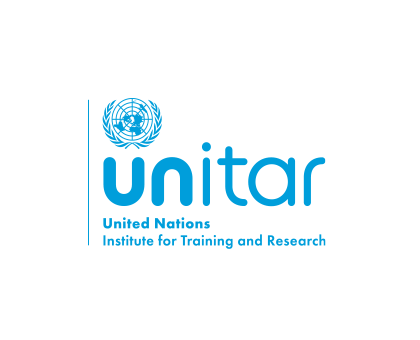Following a number of UN climate related conferences that intend to mitigate the impact of the climate change while achieving the SGD goals and the UN 2030 agenda, UNITAR launches its first international research conference. The first UNITAR International Research Conference will take place in Bonn (Germany), hosted at the UN Campus, on the 24th November 2023. There will be a research network event on the 23rd November 2023 on the campus for the researchers to interact with the Bonn research ecosystem. Research contributions (basic and applied research pieces) addressing any aspects of Climate Security are welcome: Peace and Security Consequences of Climate Change. Besides this theme, other papers in the fields of climate change and environmental sciences with a particular reference to security aspects may also be submitted.
The research seminar and conference is a joint undertaking between UNITAR (Division for Peace), the Technological University Dublin (Ireland), the Universitat Oberta de Catalunya (UOC, Spain), and the World Association for Disaster and Emergency Medicine (WADEM).


